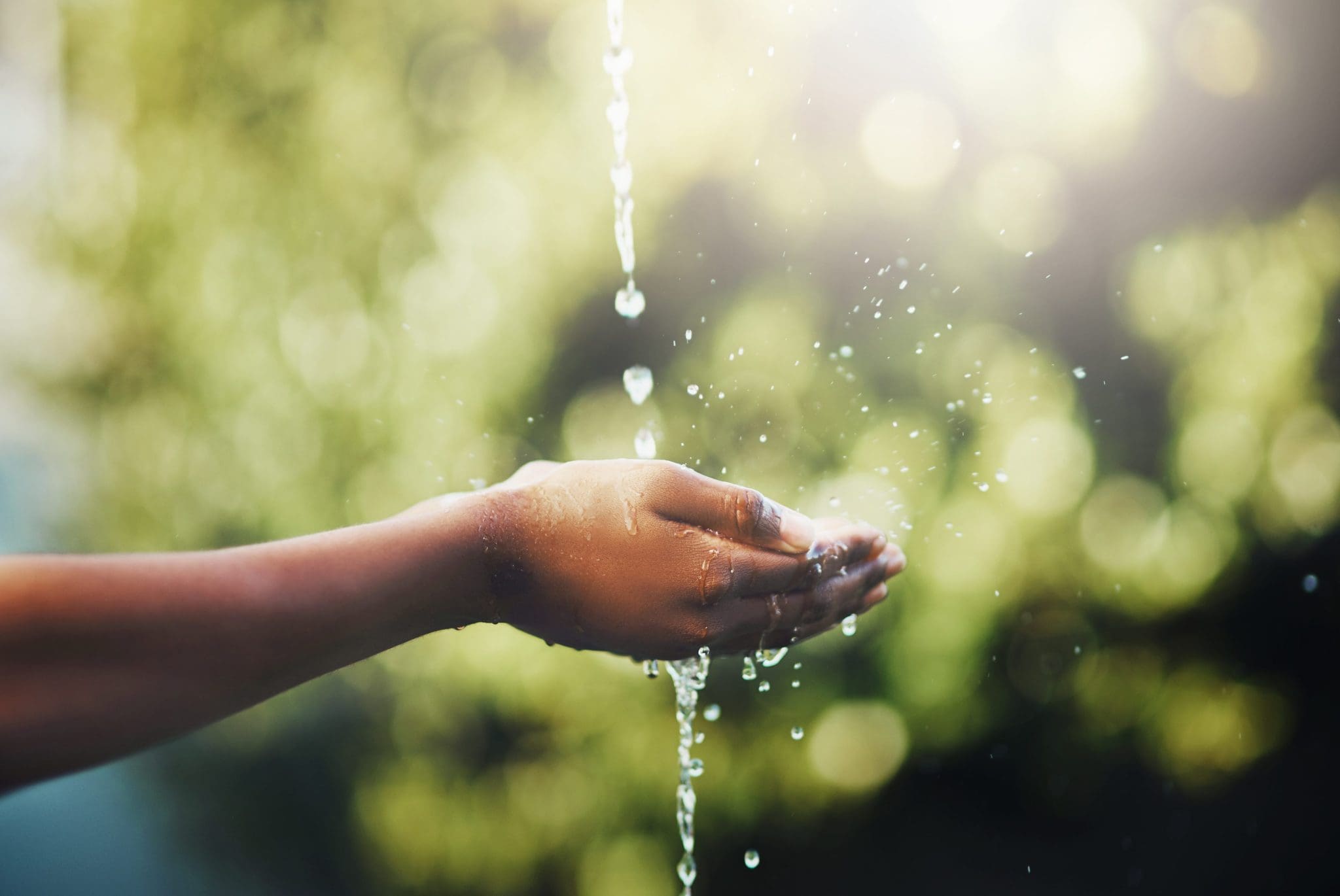How Plant-Based Foods Conserve Global Water Resources

How Plant-Based Foods Conserve Global Water Resources
The majority of the earth’s surface is covered in water. However, did you know that freshwater, which we need for food production, industry, and domestic use, makes up just 3% of all the water on the planet? (The World Counts, 2024). Given that freshwater is such a precious resource, it is important that we protect it as much as possible and use it wisely.
At the moment, approximately 70% of the global freshwater available is used by agriculture. This is the equivalent of 35 Olympic swimming pools every second! (The World Counts, 2024).
When it comes to food, it takes much more freshwater to produce animal-based foods, such as meat or dairy, compared to plant-based foods (Water Footprint Network). You can see some numbers to illustrate this in the table below. For example, it takes 50 times more water to produce 1kg of beef than to produce 1kg of vegetables. This is because huge amounts of water are required to grow crops for animal feed, to provide drinking water for livestock, and to sanitize livestock buildings.
Water Use in Food Production
| Product | Litres of Water per Kilogram Produced |
| Beef | 15,415 |
| Sheep | 10,412 |
| Pig | 5,988 |
| Chicken | 4,325 |
| Cheese | 3,178 |
| Rice | 2,497 |
| Maize | 1,222 |
| Potato | 287 |
| Cabbage | 237 |
| Tomato | 214 |
What does this mean for you? As a consumer, you can help protect our freshwater by choosing more plant-based products. As a professional, you can help by making sure that most of the foods in your organisation are plant-based foods.
If you need to create appealing names for plant-based foods, try our Get Planty Name Generator.
References
The World Counts. (2024). https://www.theworldcounts.com/challenges/planet-earth/freshwater/are-we-running-out-of-water
Water Footprint Network. https://www.waterfootprint.org/resources/interactive-tools/product-gallery/
Recent posts
Plant-based is the future of foods for the climate
Get Planty Tips
The Health Benefits of Going Plant-Based
